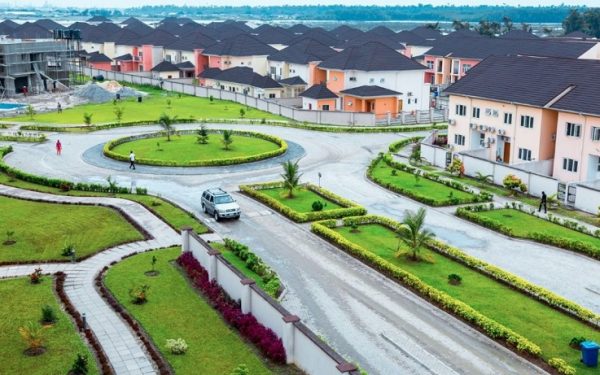Abuja was envisioned as a model Garden City, one where green spaces formed a third of the city’s land use, preserving natural valleys, hills, and stream corridors for aesthetics, recreation, and climate resilience. The Abuja Master Plan earmarked 8,300 hectares, 33 percent of the city’s area, for open spaces and parks, backed by clear policy frameworks including the 2005 Parks Regulations and the 2019 FCT Parks Policy.
Despite this, the ongoing conversion of designated green areas, such as the Zone 6 Neighborhood Park into non-recreational uses directly violates these plans. There has been no public disclosure of the policy or report that justifies this shift, raising concerns over transparency, legality, and disregard for professional planning standards.
This reversal is already showing consequences. In Zone 6, reckless development has led to burst water pipes, blocked drainage, and potential environmental contamination. These outcomes could have been avoided had the FCT Administration respected the city’s layout and the advice of experts.
Urban planning principles promote converting development constraints like floodplains into public assets for recreation and stormwater management. Instead, current actions are undoing the very foundations that made Abuja a modern, livable capital.
Abuja’s green infrastructure is not ornamental; it is essential to public health, environmental sustainability, and the city’s identity. The FCTA must account for its actions and recommit to preserving Abuja’s original vision before more damage is done.
By: Umar Shuaibu
Source: Daily Trust



